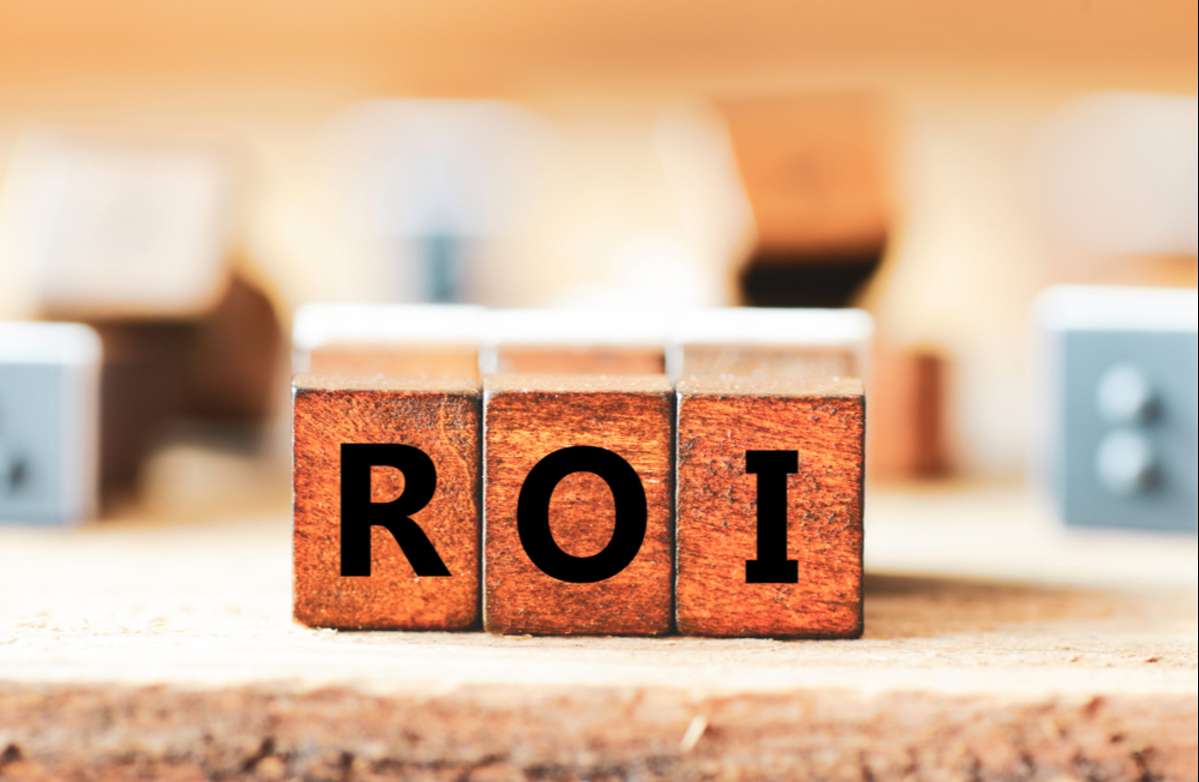Listen to the article
Calculating ROI For a Residential Rental Property in Detroit
As we get ready to enter 2022, you might be considering investing in new properties or assessing your current ones. You may wonder, how much can I rent my house for in the upcoming year? This is a relevant question since investors and homebuyers have experienced some interesting times in the real estate market, including rising costs leading more people to contemplate renting.
By understanding your return on investment (ROI) and how to calculate it, property owners can stay one step ahead of things. Whether you're new to real estate investing or a seasoned investor, understanding ROI is easier with tips from the best property management company Detroit offers! Our qualified advisers are here to walk you through making the best choice for your investments and returns.
Why You Need to Know ROI
Return on investment is a crucial metric that helps a property owner understand profitability, whether they already have rental properties or are getting ready to purchase a property. When getting ready to buy a property, ROI calculations can highlight whether a property is likely to be profitable or not, thus giving you better insights into potential real estate investing success. Additionally, property managers can make adjustments to improve returns when they keep up with ROI calculations.
%20(S).jpg?width=1199&name=Businessman%20analyzing%20investment%20charts%20with%20laptop%20(R)%20(S).jpg)
How to Determine ROI on a Rental Property
Working with a team that delivers expert property management services can help you experience better see ROI growth—but what's the formula to find your starting number?
Let's assume you are paying for a property with cash. The first number in your calculation is the cost of the property. For our example, we'll use $175,000. Make sure you include any upfront costs you made for renovations, repairs, or updates. If you put $10,000 into the property before it's ready for the Metro Detroit rental market, your total investment cost for the property would be $185,000.
Next, determine the monthly net income on the rental property. Property owners can calculate this number by subtracting the monthly operating expenses from the rental amount. For example, if the rent for this property is $1,600, but you pay $200 each month for taxes, insurance, and utilities, the monthly net profit is $1,400. Multiply this by 12 for the annual return ($16,800).
The next step is to divide the annual return by the total cost of the investment. ($16,800 ÷ $185,000 = 0.90).
Finally, convert this to a percent to view the return on investment as a profitability ratio. Multiply 0.90 by 100 to get an ROI of 9%.
Differences Between Cash and Financed Transactions
In the example above, we worked with a cash transaction, assuming that a real estate investor paid for a new property with cash. However, not all property owners can build a portfolio with only cash. Financing is common for real estate investors—but when taking out a mortgage on a property, this will change the ROI formula.
Your calculation must subtract the down payment from the upfront costs. Additionally, when dealing with a financed transaction, keep in mind that you'll have an added expense every month. Property owners must include the monthly mortgage payment (including interest, mortgage insurance, and other costs rolled into that payment) in the formula.
When mortgage interest rates are low, financing your investment can be an excellent option. Use the 1% rule to ensure that you meet your mortgage payment and profit goals when analyzing potential returns before purchasing a new rental unit. The 1% rule states that based on the cost of a property, an owner should collect 1% of that amount in rent. So, if the home costs $150,000, you'll want to generate $1,500 in rent each month.
What If the ROI Is Too Low?
Now that you're familiar with calculating ROI, you might wonder what a good return looks like for rental properties. Property managers recommend that investors with an ROI between 8%-12% generate good-to-excellent returns! However, if you own several properties, you may find that rentals with high ROIs can offset a property that falls in the lower range of acceptable returns.
However, settling for low ROIs can lead to long-term income loss. So what can you do if a property has a low ROI? A Detroit property management company can help you analyze the rent amount and increase it if it makes good financial sense. A property manager can also help you find other ways to boost returns, including improving tenant retention, reducing costs, and making smart upgrades to a property.
Manage Better Returns With a Detroit Property Management Company
Hiring a company that delivers the best property management services in Detroit can help you understand ROI and manage better returns! Own It Detroit works with real estate investors that own a few properties or operate significant real estate portfolios to reach their goals. To learn more about our full-service property management and how it can have a positive impact on your returns, reach out to speak with one of our seasoned real estate experts!
Check your returns today! Take advantage of our free Rental Property ROI Calculator.

%20(S).jpg?width=1199&name=Finance%2c%20Plant%20growing%20on%20stack%20of%20coins%20money%20(R)%20(S).jpg)







